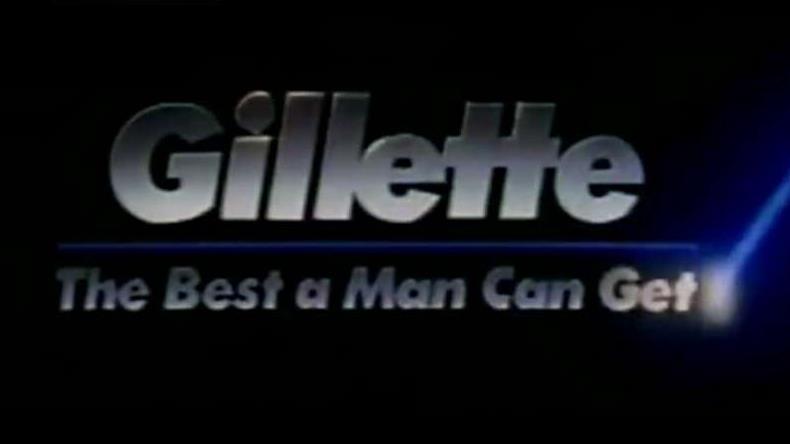What Gilette's PC 'toxic masculinity' ad gets wrong about advertising
The now-famous Gillette ad scolding men for toxic masculinity — the flavor of the month cause among the politically correct — isn’t just a regrettable advertising choice that has backfired magnificently. It’s another sign of the politicization of everything in our culture, and of left-leaning public relations professionals playing fast and loose with their employers’ reputations and profitability.
What does suggesting men are guilty by association with bullying, sexual stereotyping and objectifying females have to do with selling razors? Nothing of course. But it is part of a trend at Gillette parent company Proctor & Gamble (P&G), which sells consumer brands like Cascade, Tide and Crest.
P&G isn’t alone in the corporate world in flirting with progressive cultural causes. In 2018, Delta Air Lines jumped into the political fray over gun control by ostentatiously canceling a seldom-used discount for members of the National Rifle Association. The move sparked calls for a boycott.
In 2015, Starbucks decided to encourage baristas to engage customers in discussions about race. (The campaign wasn’t popular and didn’t last long.) Last year, Nike embraced former National Football League player Colin Kaepernick, who became famous by disrespecting America by taking a knee during the national anthem. He started a trend that badly degraded the League in the eyes of many Americans and led to a steep ratings decline for games.
CLICK HERE TO GET THE FOX BUSINESS APP
Notably, the PR professionals behind these moves do not have what companies call “P&L responsibility”—meaning they are not on the hook for profitability of a business division as reflected in its profit and loss statement. What’s strange is that those who do have P&L responsibility do not rein them in. Managers should take a stand against advertising that alienates large swaths of the public.
This should be a particularly obvious choice since there is no real upside to playing with politicized matters. It’s one thing if a government policy is going to impact a business and that business feels compelled to comment publicly or lobby the government. But that hasn’t been the case with any of these corporations’ dalliances with the progressive cultural issues.
It’s somewhat understandable that executives don’t want to say “no” to these regrettable PR instincts. Who wants to be labelled as insensitive or even just conservative at a time when perpetually outraged progressives are on a rampage across our culture?
Nevertheless, managers have an obligation do what is best for their business, and there is a clear fiduciary responsibility to do so in the case of a public corporation like P&G. We should also lament the continued politicization of everything in American life, and resolve to keep politics in its place. PR and advertising should be about understanding and attracting consumers, not lecturing them.
Christian Whiton is a communications professional who was a senior advisor in the Trump and George W. Bush administrations, advising senior officials on public affairs. He is a senior fellow at the Center for the National Interest.




















